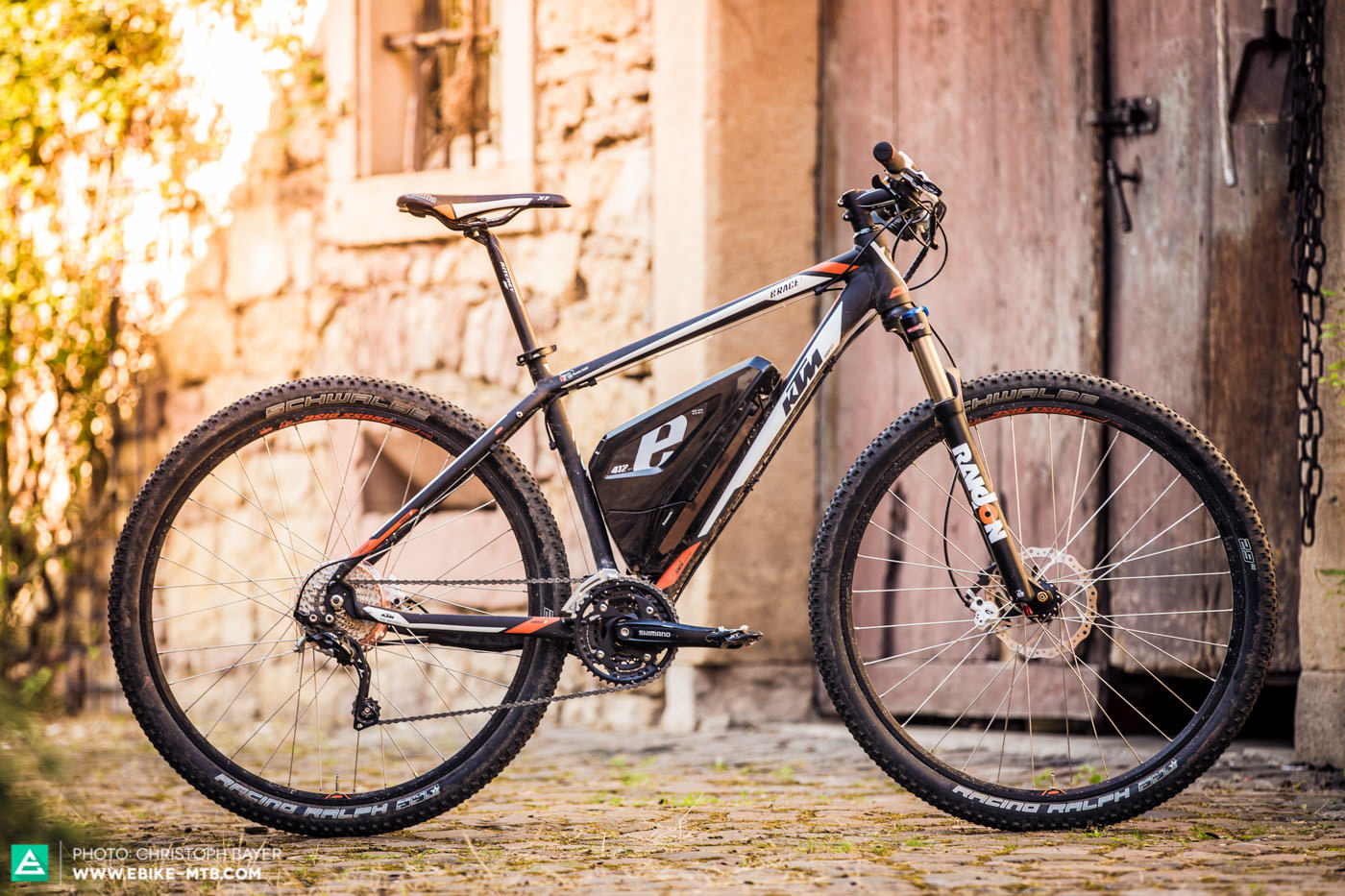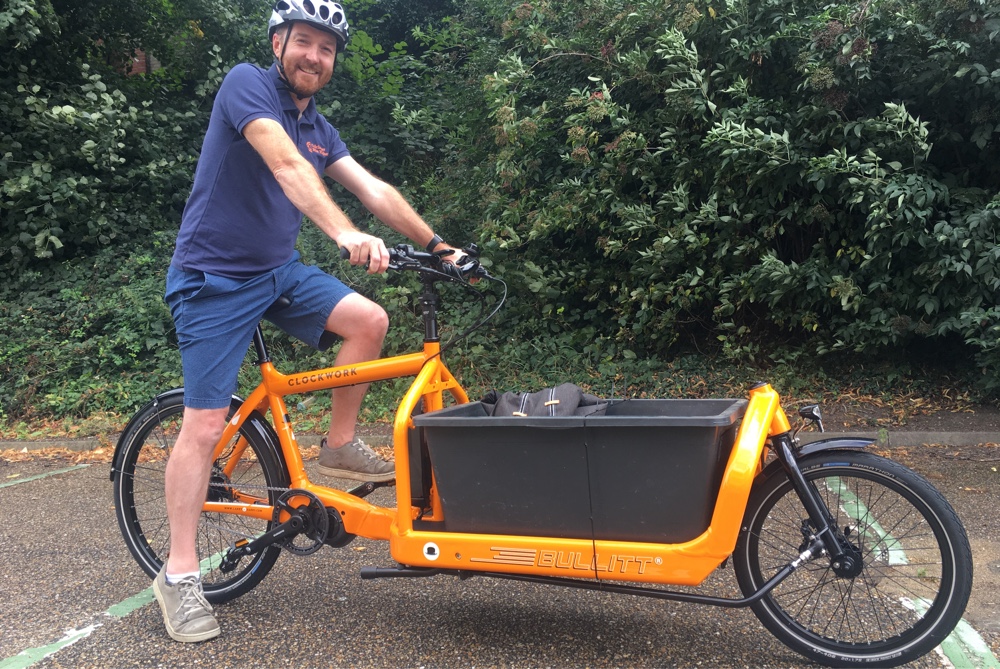Thanks again flecc. Very interesting and also thanks for the time! As you say you've probably been going over this for years. I've read some of your other stuff describing current rules. It seems that on the whole we agree...I'd be interested in your 'ideal' version of the laws in an ideal (but unlikely) world? Also in your opinion do you think these issues will get more pressing as more people start to see the potential of ebikes for commercial means, deliveries and other associated issues.
My ideal version of all or any law is as liberal as possible, so in that respect i'm fully aligned with you. However I'm a realist and recognise that for a wide range of reasons that we are not going to get anything like what we really want.
The main reason is that we are simply not a cycling country and the current so called cycling boom still leaves us at the bottom of that stack and probably won't be long lasting anyway. Following WW2 we were very much a cycling country due to circumstances. There were hardly any private cars or motorbikes following the government requisitioning them for the war effort and we couldn't buy new ones since all we produced had to go to export to pay off our huge war debts. Public transport was in a sorry state post war due to lack of maintenance and losses and the public also often too poor to afford fares.
So cycling or walking were the only options for many and the roads in rush hours were totally dominated by bikes filling the carriageways. Once in blue moon a car would pass and there were the occasional slow moving buses and lorries, the latter including maximum 12 mph steam lorries giving an indication of how slow traffic was back then, cycling paradise it might be thought.
Trouble was that was cycling forced upon people and they couldn't wait to escape from it, first to add-on cycle motors from about 1949, then to the new scooters from Vespa and Lambretta from the early 1950s and then to the cars from the mid 1950s and '60s as they became more freely available. By 1970 bicycles had all but vanished, leaving cycling something that only kids did. Huge numbers of bike shops had shut down all over the country and the UK add-on bike motor suppliers had gone broke.
We've never recovered from that anti utility cycling bias. In 1980 the mountain bike first arrived from the USA and they started to catch on as a leisure pursuit, also stimulating the club style drop bars cycling. Trouble is they were sporting in nature and it's why our cycling revival ever since has been seen as sporting in nature, leading to our bonkers British habit of cycling with huge effort at 20 mph or more and putting many off taking up cycling.
Continental Europe recovered far more slowly from the war so didn't lose utility cycling so quickly, allowing many of their governments to stem the advance of car driving and provide more cycling facilities, hence their huge numbers cycling for transport as part of their routine life. This most spectacularly seen in the Netherlands where 70% of the population cycle daily and motor traffic has to give way to bicycles at junctions.
Of course this a big restraint on liberalising pedelec law. Pedelecs can get away with this privileged treatment while they remain almost identical to bicycles at commonly circa 12 mph, but if they become too powerful and start flying around motorised at 20mph or more, drivers and motorcyclists will start kicking off about unfair treatment
An interesting footnote on our anti cycling bias. Our Asian population is almost never seen cycling and that is because they see cycling as something only done by the poor and lower status. Of course they too in their native countries have long had cycling forced upon them out of necessity by poverty, creating that similar bias. In East London there's been an initiative to overcome this and get Asians cycling, but I don't know how successful that's been.
Out of interest do you believe the regulations for a registered ebike are reasonable or fair. And to pick my particular interest do you think they are reasonable for a someone who would be happy to abide by a speed limit but wants more power to move tools and cargo (I.e cycle deliveries, carpenters, gardeners etc etc.)?
Reasonability and fairness are too subjective to give an opinion on that basis. The nominal power limit is far from ideal of course, heavy cargo bikes need a lot more depending on circumstances. One kW could be enough on the flat. but for really steep hills with a pedicab carrying two passengers, at least 5 kW would be needed and that still crawling at a snails pace.
Trouble is at what what point does it stop being a bicycle?
Riding a Cycles Maximus pedicab uphill with 5000 watts from its Lynch motor and 200 watts from the rider means it's 96% a motor vehicle and only 4% a bicycle, making a mockery of the law.
.












